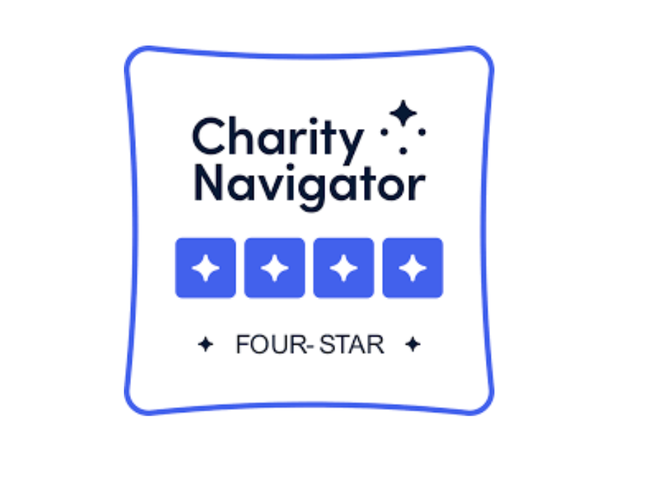The Timken Museum of Art is committed to initiatives that foster an accessible and equitable experience for all visitors. It is our vision that visitors to the Museum will feel this sense of inclusion and will benefit from access to and enjoyment of our collection in ways that inspire and stir engagement and learning. We currently offer the following resources and services in support of these initiatives.
Preparing for your visit - Social Stories
Social Stories help prepare for a visit and cover important things to remember, such as Museum rules. Social narratives are directed toward school-age children and adults who are neurodivergent, whether they are coming for a tour or a visit with their families. Download the kids or adult social narratives below to help you prepare for your visit to the Timken:
What to Expect
✤ Due to the light sensitivity of many works of art, some galleries require low lighting.
✤ Backpacks and oversize bags are not allowed in the galleries and must be checked at the complimentary Check Room at the Front Desk. Exceptions are made for medical devices and supplies.
✤ Trained service animals are welcome anywhere inside the Museum.
✤ All Museum galleries have permanent benches which visitors may use while enjoying the galleries.
Physical Accessibility
All public areas in the Museum are accessible to visitors using wheelchairs or mobility equipment. The access ramp entrance is located to the left of the entrance. The Timken welcomes all mobility aids such as personal walkers, wheelchairs, and scooters.
Available at the Front Desk
The following items are available, free of charge, for use on a first come first served basis while visiting the Museum. Use of some amenities may require leaving an ID at the Front Desk. Items are cleaned and disinfected after every use. Please return all amenities to the Front Desk when you leave the Museum.
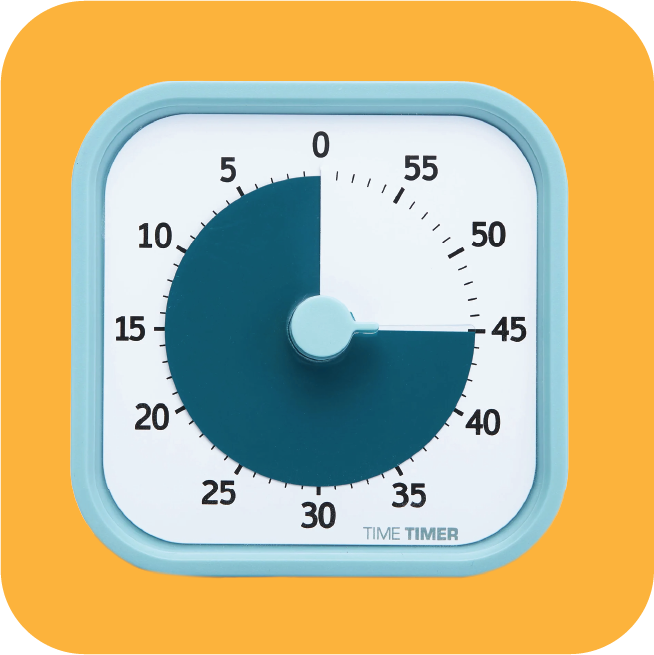 |
Visual Timer - Visual timers can be included with Sensory Kits. To use the visual timer, move the colored disk to the desired amount of time. | |
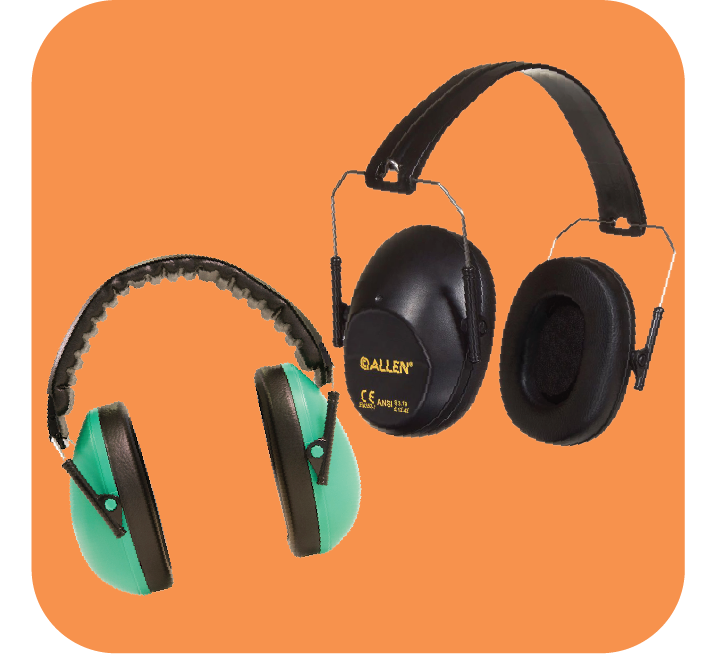 |
|
Noise Cancelling Headphones - To reduce ambient and background noise, headphones filter out distractions and increase calm, while still allowing visitors to hear those around them. |
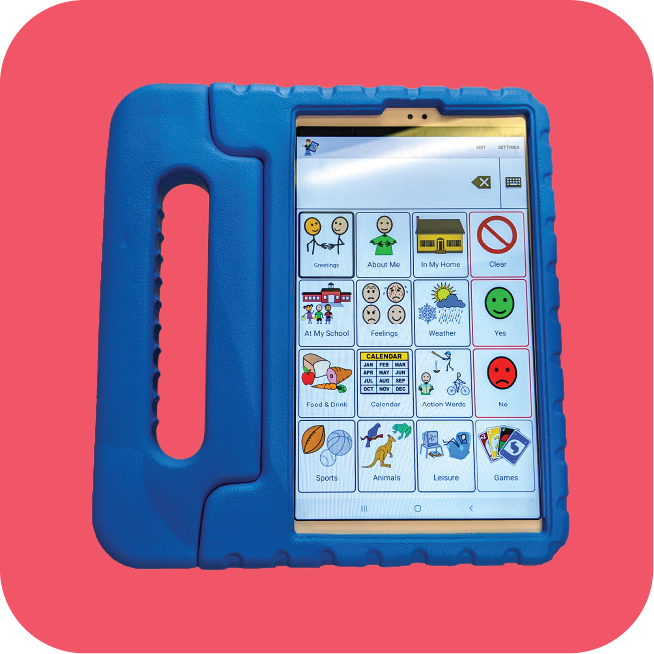 |
Communication Tablet - Assistive communication tablet with pictures and sound. | |
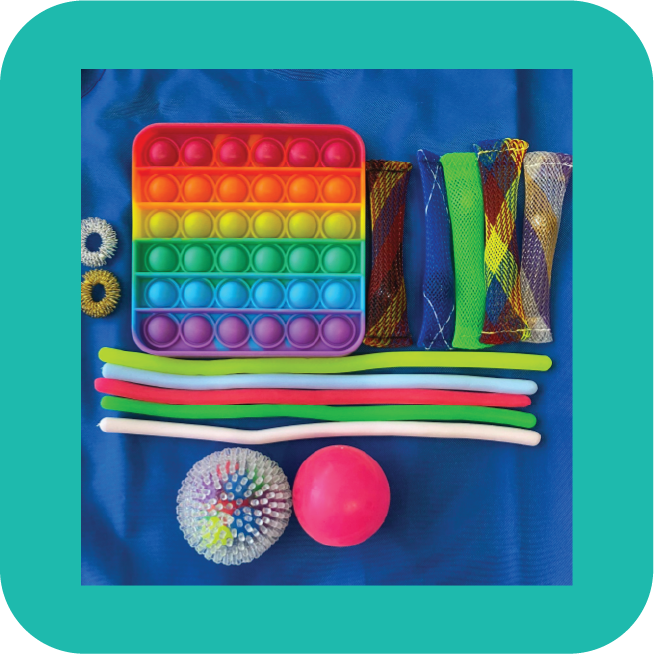 |
|
Sensory Kits - Each sensory kit contains a variety of fidget sensory tools and items to help lessen sensory overload. |
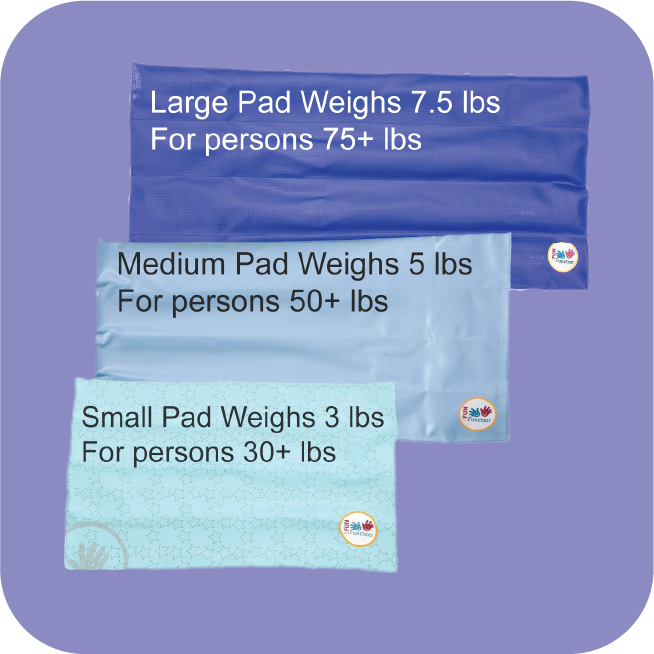 |
Weighted Lap Pads - Available in three different weights. |
|
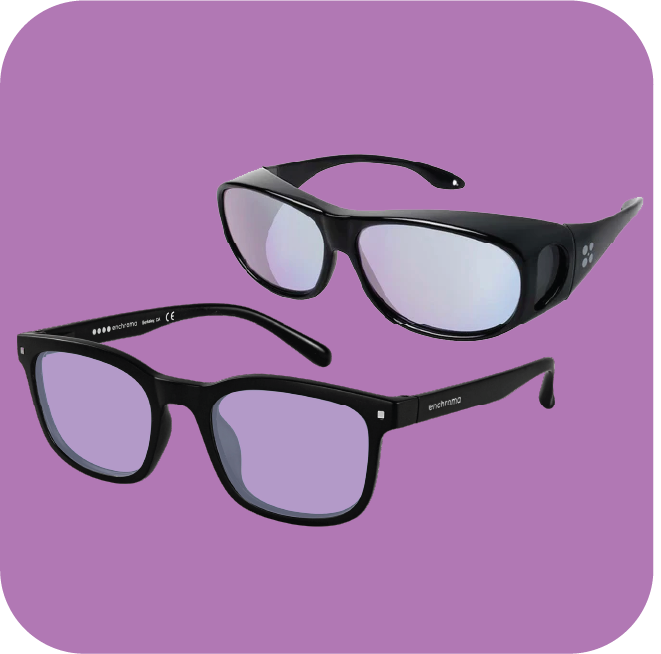 |
EnChroma Glasses for Color Blindness - To enhance color perception for those who are color blind. Adult and kid glasses are available. For more information, please visit https://www.timkenmuseum.org/news/. | |
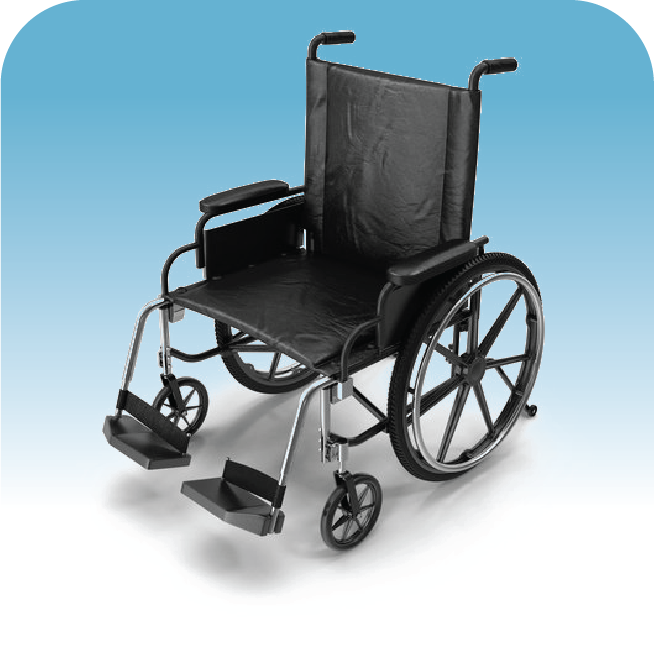 |
Wheelchairs - A limited number of wheelchairs are available for use within the Museum building. At this time, we are not able to reserve wheelchairs in advance. |
|
| Large Print Labels - Accompany each item in the permanent collection as well as those featured in temporary exhibitions. |
ASL Tours
The Timken is offering free tours of the collection in American Sign Language (ASL) for the Deaf and hearing impaired in partnership with Deaf Community Services and Palomar College's ASL program. ASL Tours are available every first Saturday of the month from 11:00 a.m. to 12:30 p.m. We are extremely proud to have partnered with our local Deaf and hard of hearing community and leaders to provide ASL-led tours through our Museum. "This program will allow people of differing abilities to fully experience the collection and learn more about art," shared Timken Executive Director Megan Pogue. Tours are led by the Timken's highly knowledgeable docents and accompanied by ASL interpreters from Palomar College's ASL-English-Translation and Interpreting Studies Program.
See when our next ASL tour will be using our events page.
✥ ✥ ✥ ✥ ✥
Attribution
The Timken has a long history of accessibility with its perennially free admission for all, as well as programs for historically under-served communities - especially school-aged children from throughout San Diego County and Baja California, Mexico. In 2021, the Timken embarked on a nationwide virtual listening tour to better understand accessibility initiatives at fellow arts institutions, all of which, like the Timken, serve a variety of diverse and varied communities. The results of the tour have encouraged and challenged us to continue our endeavor and to re-examine, explore, and develop new ways in which we can make the Timken even more accessible. These have included such areas as physical resources which enable and enhance our visitor experience, specialized tours, programs for visitors with various needs, and specialized training not only for our docents but also our security personnel, as well.
We are very grateful to the following museums and organizations which have so generously shared their knowledge and best practices with us:
- Birmingham Museum of Art, Birmingham, Alabama
- deYoung Museum, San Francisco, California
- Museum of Fine Arts Boston, Boston, Massachusetts
- National Federation for the Blind, Baltimore, Maryland
- Nelson-Atkins Museum of Art, Kansas City, Missouri
- The J. Paul Getty Museum, Los Angeles, California
- Yale University Art Gallery, New Haven, Connecticut
- Yale Center for British Art, New Haven, Connecticut
GRANTORS
Accessibility initiatives are funded in part by Autism Speaks.

